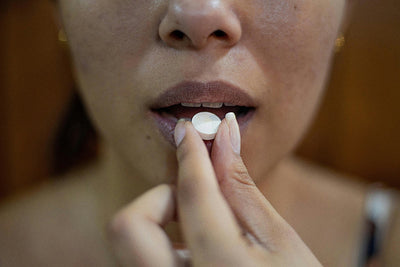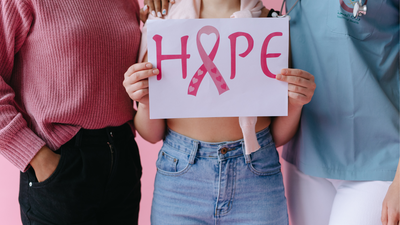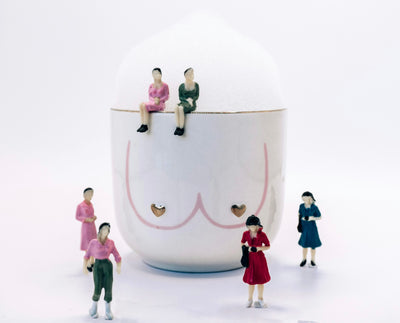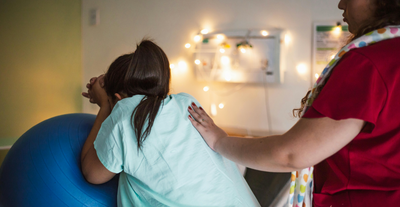Breast Milk is Life Saving in NICU
Breast Milk is Life Saving in NICU
by Katie Black
The long history and tradition of breastfeeding is fascinating and diverse. In Greek mythology the breast milk of Hera, goddess of women and childbirth, formed our Milky Way Galaxy.
Recommendations on how and what to feed infants have always changed. In Europe during the 1600s for example, wet nurses were preferable to breastfeeding one's own child as it was said breastfeeding affected fertility.
As science progresses and more research is done on breast milk, one thing is for certain - we’re just scratching the surface on breast milk’s amazing possibilities. Human milk has even been shown to save lives in the neonatal intensive care unit!
Preterm and very low birth weight (VLBW) infants have much greater nutrient requirements than full term infants. Nutritional support and intervention for VLBW infants with human milk can improve their feeding tolerance and promote healthy intestinal movement. This reduces intestinal permeability (leaky gut), a condition where the lining in the gut controlling what gets absorbed by the bloodstream has holes or cracks allowing toxins, bacteria and partially digested food through. Not good.
Plus, reducing leaky gut seems to also lead to a reduction in necrotizing enterocolitis (NEC). NEC is a serious condition of inflammation and infection in the intestines and can cause intestinal tissue to die. It is the leading cause of death in premature infants, so ensuring these infants are receiving the best possible diet is essential.
The American Academy of Pediatrics’s policy statement on human milk diets for preterm infants is based on these findings: a 77% reduction in NEC for those infants getting just human milk versus one with cow’s milk based fortifiers. The most critical period of brain growth and development occurs during the third trimester of pregnancy. For preterm and VLBW infants, this happens in the NICU. It’s critical that VLBW infants get the recommended amount of macronutrients because if they don’t get enough energy and protein, it can cause irreversible brain damage. Infants who receive enough energy and protein from human milk have improved white matter development and lower incidences of brain injury.
In the long term, babies receiving the most human milk had higher scores for motor and behavioral outcomes at 18 and 30 months of age. Studies looking at children from 8 years of age through adolescence showed higher test results and larger volumes of white brain matter if they received a diet of exclusive human milk in the NICU.
Human milk protects preterm infants from infections, NEC, and leads to better neurocognitive development - and these are just a few of the many benefits. As more researchers study human breast milk, they’re finding its life saving potential only multiplies.
If you are interested in knowing more about the properties of your own breast milk, you can order a test here, or download the Emily's Care app for more information and support.






